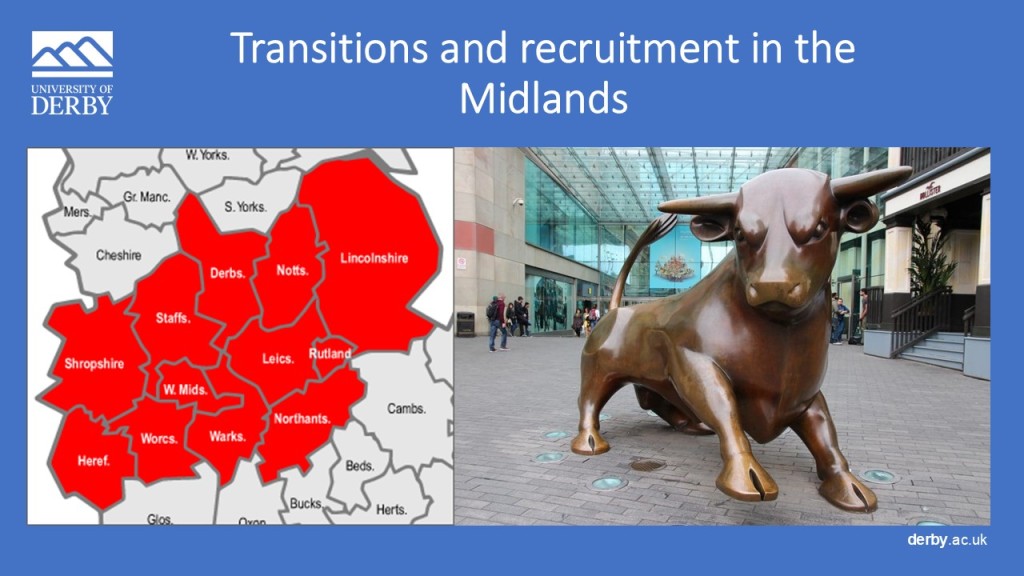Teachers are a core part of our workforce—but you wouldn’t know it to look at CTE programs. School leaders must start growing their own.
Author: .
Struggling to find quality substitute teachers? Join our webinar to learn key strategies to keep your classrooms covered and students learning.
From residencies and apprenticeships to disparate grow-your-own programs, locally focused teacher preparation is in flux.
Severe teacher shortages persist. Educators suggest what schools and districts can do to fill those posts.
A retired teacher and former White House policy adviser has some ideas for schools leaders looking to recruit and retain in STEM.
Schools struggled less to fill teaching positions in the 2024-25 school year, but they still started the year with vacant teaching spots.

The iCeGS annual lecture will take place on the 20th November 2024 at the Kedleston Road, Derby Campus. Attendance is free, but pre-booking is essential.
The lecture will be given by Gudbjörg Vilhjálmsdóttir, Professor Emerita, University of Iceland and Professor at the Inland Norway University of Applied Sciences. She will discuss the evidence on ‘counselling socially disadvantaged clients’.
Although research and daily experience show that social variables are decisive in career development, they remain underrepresented in the research field of counselling and guidance, which often focuses on psychological variables. Guidance services have expanded from schools to a more general adult population, particularly low-skilled workers in precarious labour market positions, requiring counsellors to adapt their methods. Blustein’s psychology of working theory and Bourdieu’s habitus theory place social variables at the centre of career development, critiquing the notion of free will that dominates traditional theories.
In this lecture, the presenter will share research findings that demonstrate how social class and gender influence career choices, such as studies showing that leisure activities and habitus shape occupational preferences and aspirations among 16-year-olds and young adults. Another study based on Blustein’s theory reveals that low-skilled youth feel less control over their futures, with aspirations limited by social constraints.
There will also be a discussion about how the Career Construction Interview (CCI), a narrative-based method, helps disadvantaged clients by combining micro-narratives into an empowering macro-narrative, supported by case examples from research on low-skilled women. Finally, the Bourdieusian concepts of socio-analysis and habitus will be explored for their potential use in enriching the analysis of career stories in counselling.
The U.S. Department of Education’s research agency has launched a new center focused on improving teacher staffing and retention.


Today I’m addressing the Institute of Student Employers Midlands group. I’m going to be talking about the policy context for student transitions and recruitment and then moving on to give some data about both the supply and demand sides of the student labour market. In particular I’m interested in thinking about how we can build better local labour market infrastructures that are capable of increasing retention and avoiding the drift of talent to London and the South East. Finally I’m going to finish off by talking a bit about the Local graduates project as I think that this gives some good insights about ways forward.
This is what I’m planning to say.
Keep talented teachers and unlock student success with strategic planning based on insights from Apple Education and educational leaders.